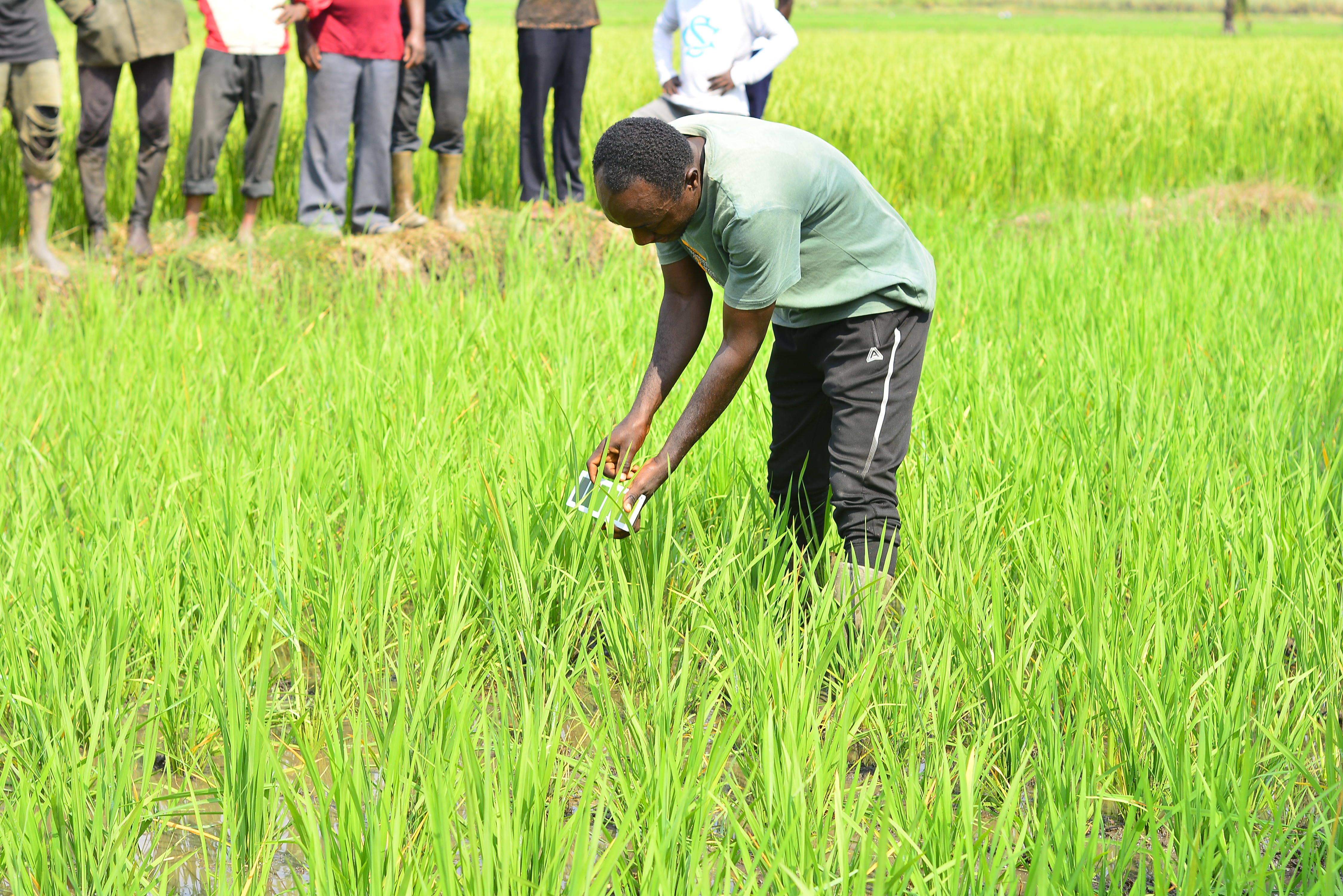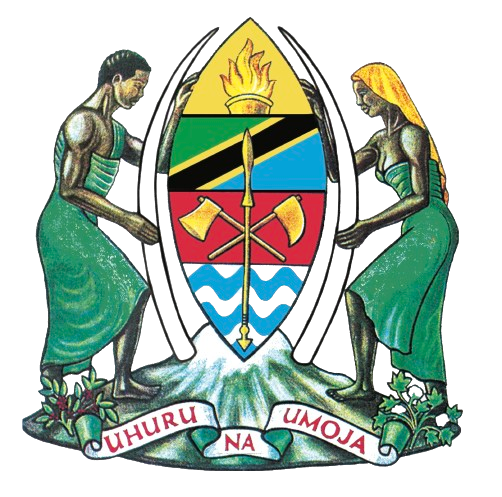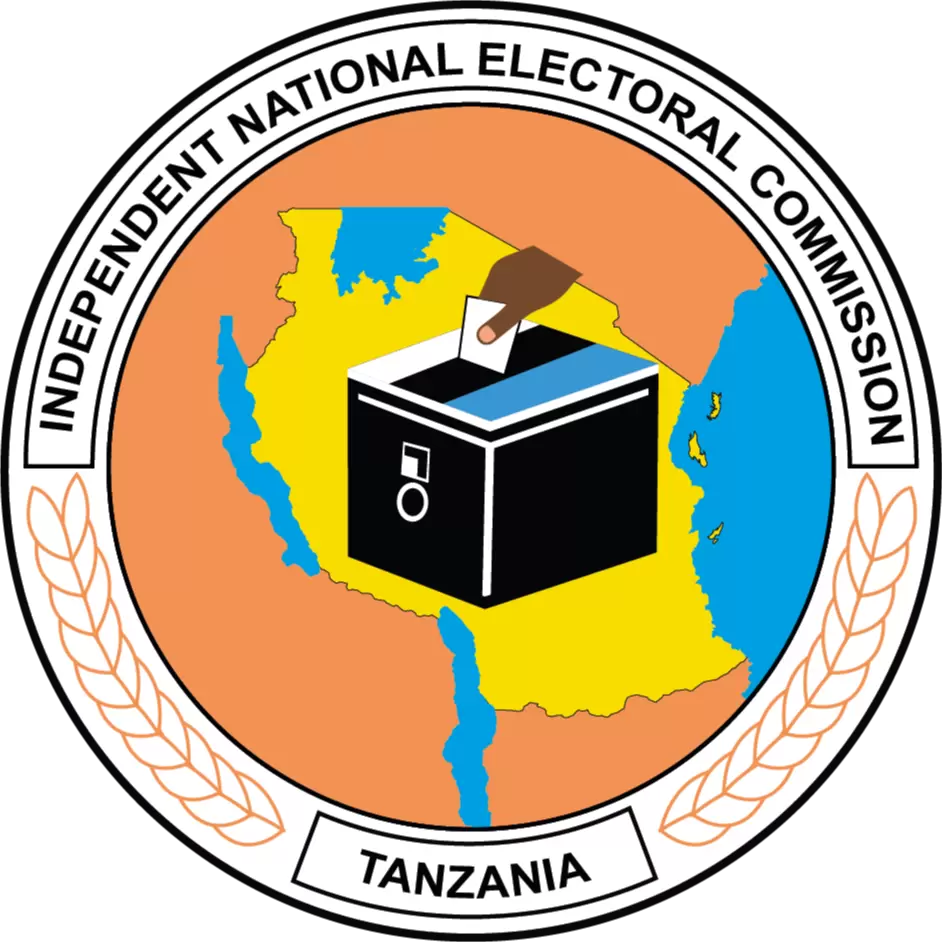Researchers, Extension officers and Rice farmers trained on SRI Principles
- 16th September, 2024 07:51
- By SINGIRA
- News

Researchers from Tanzania Agricultural Research Institute
(TARI), extension officers and Rice farmers at Ruvu scheme in Chalinze
District, Coast Regional and Mkula schemes in Kilombero District, in Morogoro
Region have trained on integrated ways of control pests that affect rice
farming and benefit of Plant Clinic model as continuation of the training under
the project of System of Rice Intensification (SRI).
The SRI project in Tanzania is implemented by the Tanzania
Agricultural Research Institute (TARI) in collaboration with the Norwegian
Institute of Bio economy research (NIBIO) and the M S Swaminathan Research Foundation
(MSSRF) based in India.
Speaking during the training, Researcher from TARI Uyole Dr.
Juliana Mwakasendo said the training aimed to capacitate TARI researchers at
TARI Dakawa and TARI Ifakara centers on sustainable farming practice of rice
under SRI principle that withstands the effects of climate change, while
reduces production costs and double productivity.
Dr. Mwakasendo said to be satisfied of the farmers’
implementation of the previous training offered to them by researchers under
SRI project citing adaptation of Mat nursery technology as one of the SRI
technology that is current mostly used by rice farmers especially under the
area where the project is implemented.
The new added training that were offered under the SRI
project from Agost 23-27, 2024 included the use of hormone traps which trap
male insecticides and the plant clinic that enables farmer being assisted on
the challenges they experience on rice pests and diseases control.
SRI is a combination of rice irrigation farming technologies
by changing the coordination system of plants, soil, water use and nutrients
with the aim of increasing productivity.
In Tanzania, the implementation of SRI comes as
results of the inked Project-Institutional Capacity building on climate-smart
and resource efficient rice production systems with focus on “system of rice
Intensification in Tanzania”.
The project is implemented in five districts; Kilombero in
Morogoro region, Chalinze-coast region, Iringa DC -Iringa region, Mbarali-Mbeya
region and Bunda in Mara region.
Sharing her testimony, Ms. Latifa Iddi- a farmer from Mkula scheme found in Kilombero District, Morogoro Region said that with SRI she managed to reduce cost by using 2 to 3 kilograms of seeds per acre from the 20-30 kilograms she used to plant in tradition farming.
Latifa continued to say that in SRI, the famer only apply fertilizer when it’s needed after using of leaf color chart (LCC) an instrument that used to determine the nitrogen fertilizer needs of rice crops.
“Indeed the SRI is not costly, rather it makes farmer to be confident
in farming and knowing each decision he/she took is based on certain reason,
for example by using LCC that has four green strips it help the farmer to assess
the greenness of the rice leaf which indicates its fertilizer content “Said
Latifa.
Researcher from MSSRF institution, Dr. Ramasamy
Rajkumar who also is SRI training facilitator, has expressed his satisfaction
with the manner in which farmers, extension officers and TARI researchers
implement the SRI knowledge delivered to them in various training.


